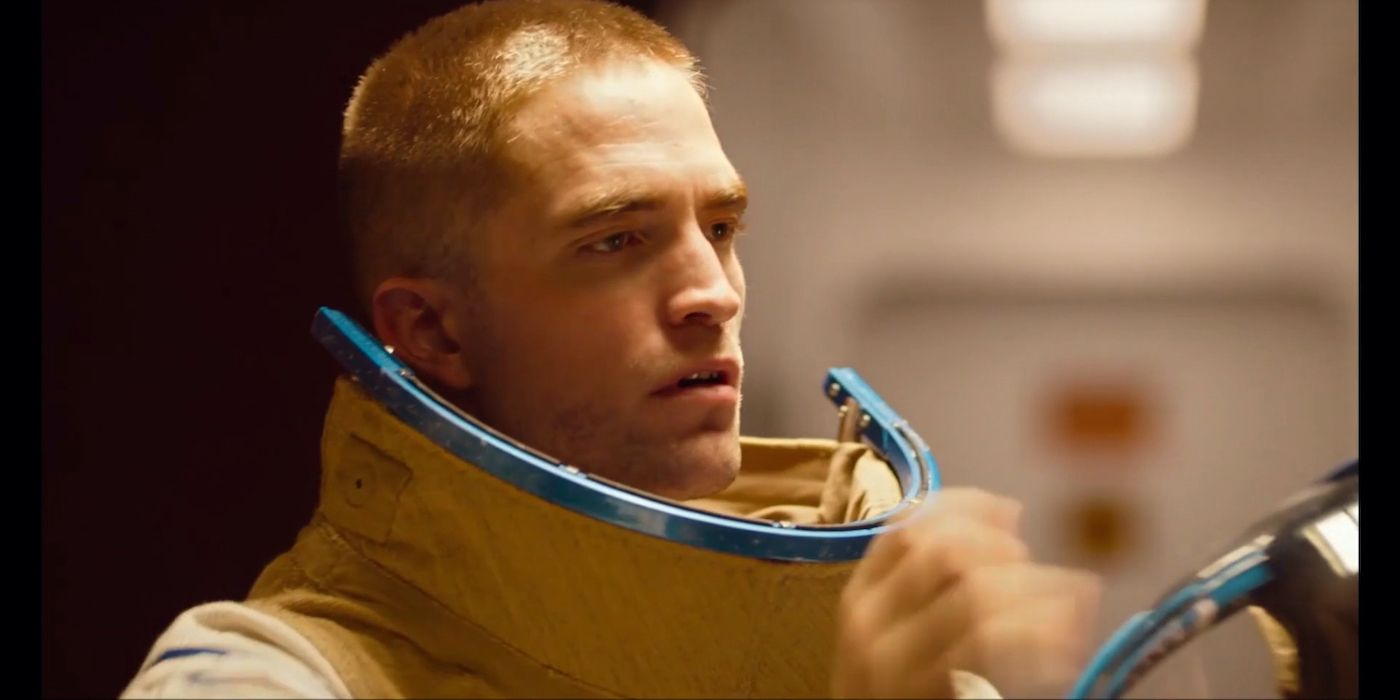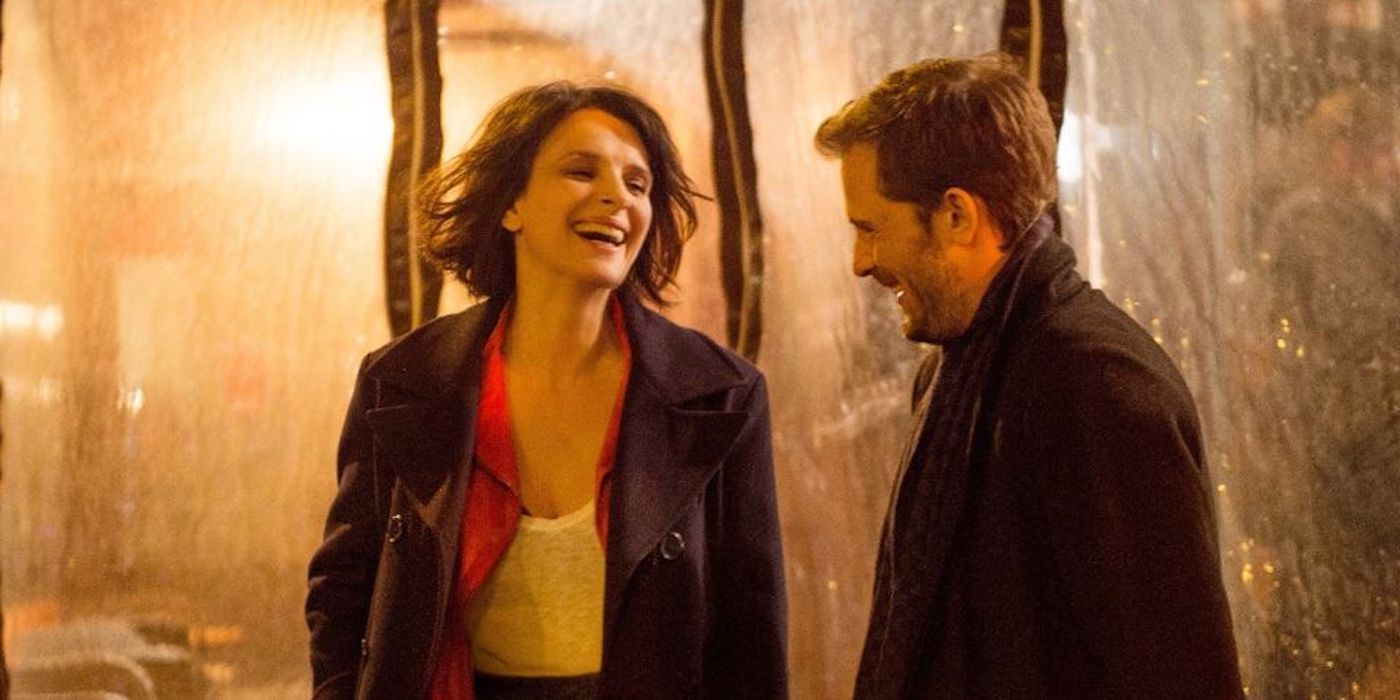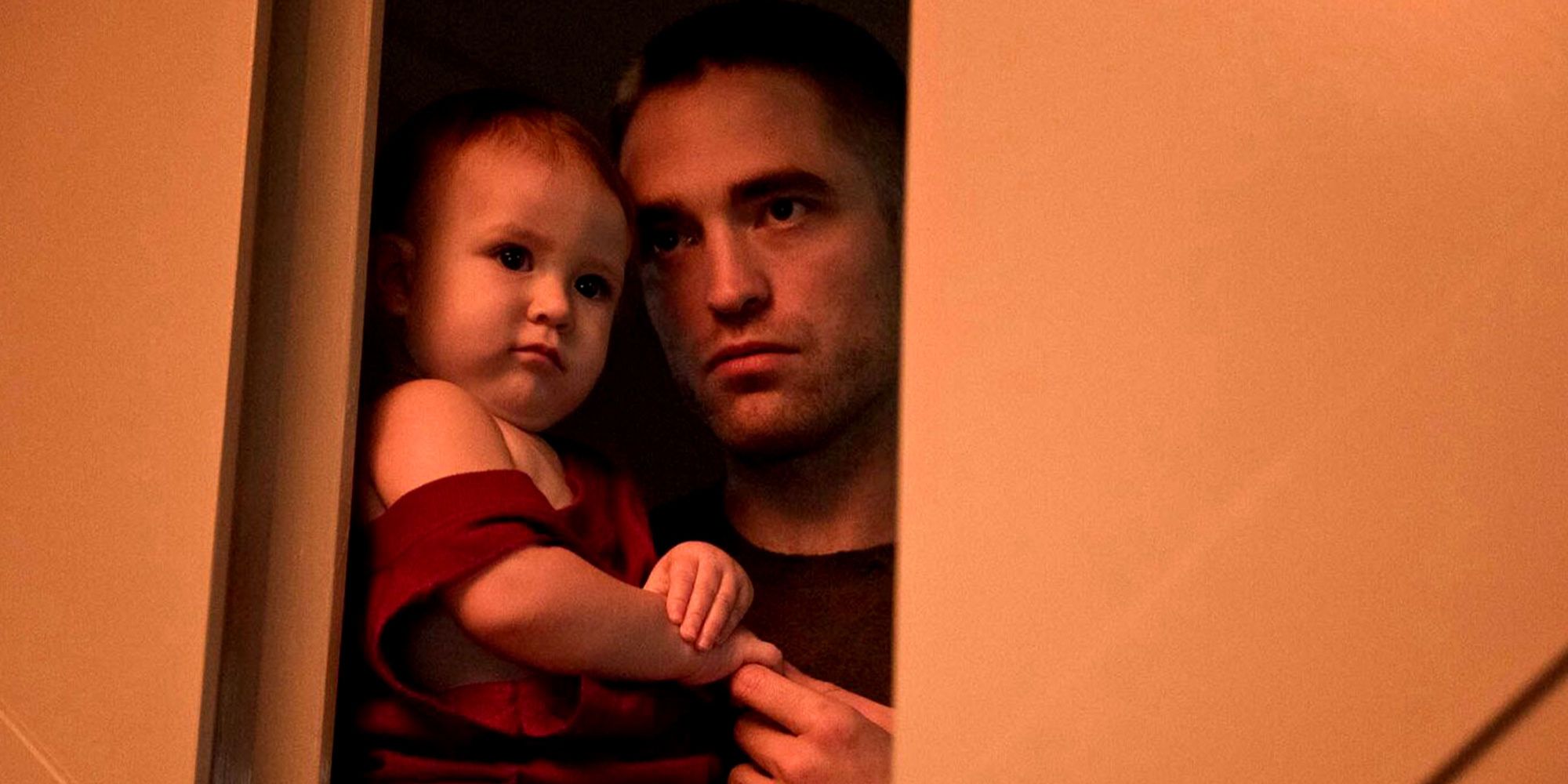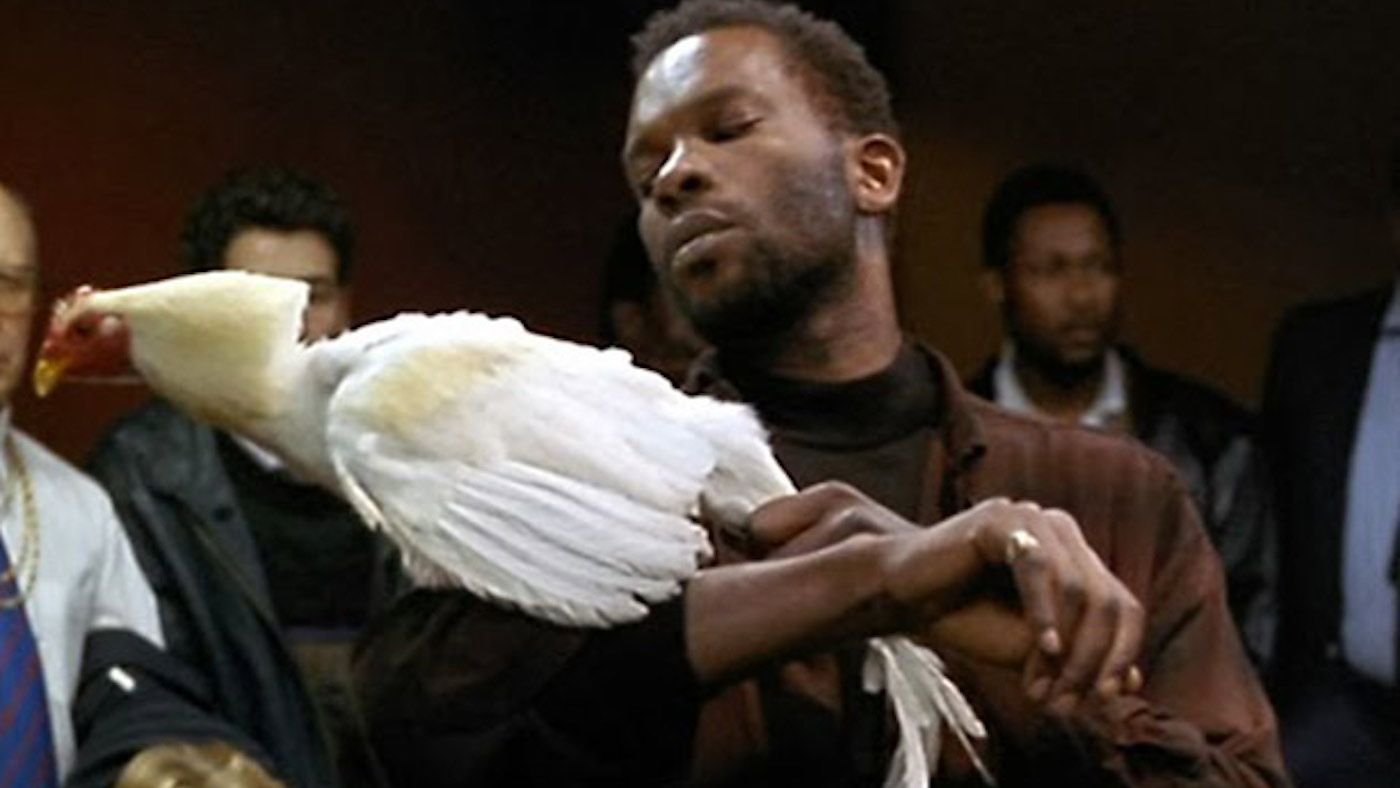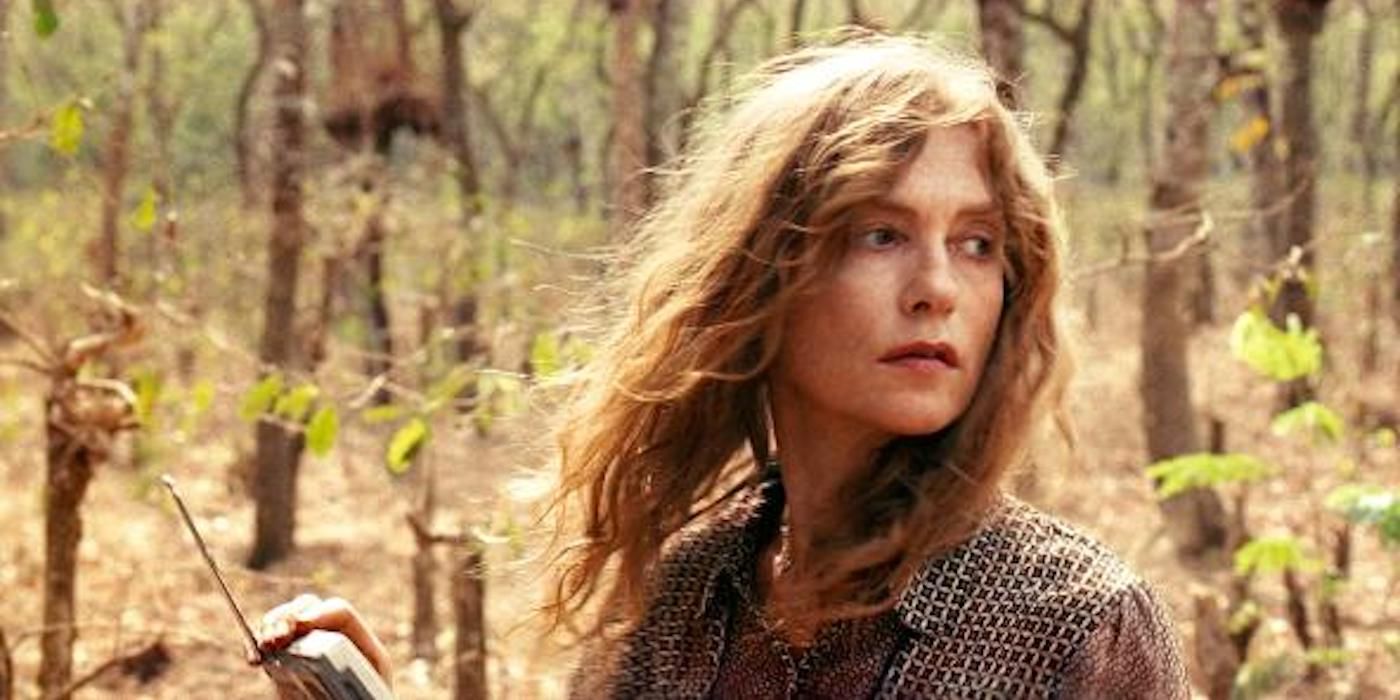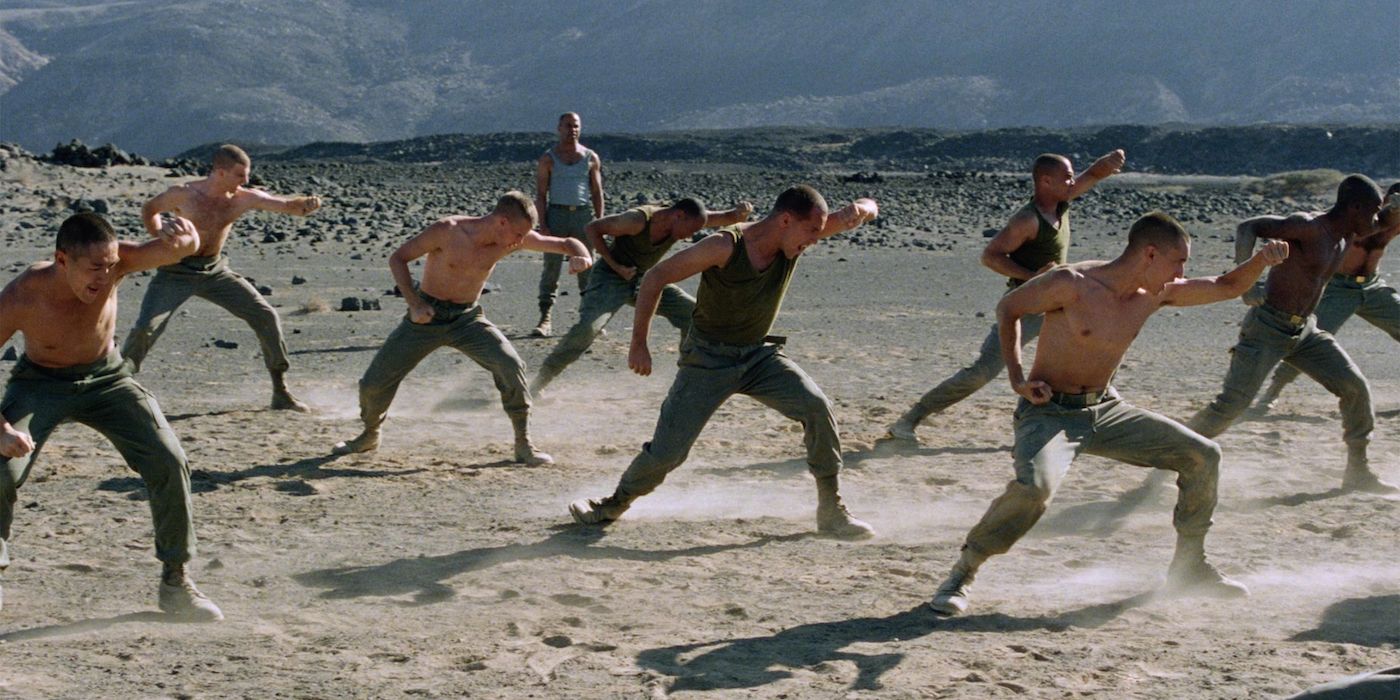Many filmmakers make no bones about the fact that they are creating cinema for a broad commercial audience. Claire Denis is not one of these filmmakers. Denis is, in so many words, a genuine artist: a living legend and paragon of the European arthouse who has been setting the standard for upwards of three decades. We are lucky to have her, and we are doubly lucky that she continues to experiment and make challenging, radical films.
There are a few prominent authorial motifs that run through Denis’ astonishing filmography: colonialism, eroticism, subjugation, and desire, to name a few of the more pronounced themes. One of the pleasures of viewing the director's body of work is that not one Claire Denis film is quite like the other. Denis has made many different kinds of motion pictures: everything from gore-soaked horror to mid-life character studies to semi-autobiographical period reveries and beyond. What’s ultimately so thrilling about her approach is that, with each new project, she seems determined to challenge the very notion of what a Claire Denis movie should feel like. Hers is a style that exists in a constant state of reinvention.
Before 2022, the last time audiences were treated to one of Denis’ cinematic feasts was in 2019 when she unleashed her febrile, entirely uncompromising science-fiction reverie High Life into the world. This year, we are lucky enough to be getting two Claire Denis films: Stars At Noon, a languid romance that screened at this year’s Cannes festival to mostly favorable reviews (the film will see a stateside release via A24 later this year), and Both Sides Of the Blade, a two-hander starring Juliette Binoche and Titane’s Vincent Lindon that will enjoy a limited U.S. release on July 8th.
To get you excited for Both Sides Of the Blade, here is a list of our five favorite Claire Denis movies. Enjoy!
Let the Sunshine In
It only makes sense that Claire Denis and Juliette Binoche eventually found each other. Both are icons of French cinema, and their collaborations exude a sense of trust and kinship. Let the Sunshine In is a great deal lighter and more playful than some of Denis’ earlier work, though it still focuses on the knotty particulars of sexual intimacy. Binoche gives a quietly spellbinding performance as a divorced artist who has not given up on her search for a romantic connection. Here, Denis takes a familiar narrative scenario, one that almost reads like a rom-com on paper, and fills it with adroit insight and visual poetry. Binoche’s performance, it should be said, is one of her finest to date, expertly conveying the cracked warmth of a woman who has learned to love her own company, and yet, yearns to break free from loneliness all the same.
High Life
High Life, a desolate venture to the outer realms of deep space and human depravity, is as cold and relentlessly perverse as its predecessor, Let the Sunshine In, is warm and inviting. The film is a hypnotic, aesthetically immaculate dirge about what happens when hope becomes a memory, and the primal human compulsions towards sex, death, and fleshy regeneration take over. Despite having the backing of A24 and a tortured Robert Pattinson in the lead role, High Life is about as uncommercial a movie as Denis has ever made: a true example of an auteur sticking to their guns and making the exact film they want to make, no matter how aggressively alienating it might feel to some. High Life is the rare contemporary sci-fi head trip to earn the oft-overused comparisons to Andrei Tarkovsky: filled with unforgettable imagery, boasting terrifying supporting turns from Mia Goth and Juliette Binoche. It all builds to an ethereal, cosmos-shattering climax that suggests hope in the wake of devastation.
No Fear, No Die
In a body of work that often flies in the face of “genre” and the expectations that come with that label, Denis’ somewhat obscure No Fear, No Die almost feels like a genuine work of socially-minded neo-realism. There are also shades of noir and crime fiction in the movie’s grimy, hyper-textured locales and the screenplay’s overriding sense of hopeless nihilism. No Fear, No Die is a remarkable showcase for two of Denis’ most gifted regular collaborators, Isaach de Bankolé and Alex Descas. The two men play best friends who eke out a grubby hand-to-mouth existence by training roosters and betting money on organized cockfights. Denis is absolutely brutal in her depiction of the details of this sordid world, however, as always, she is able to find beauty where you’d least expect it. No Fear, No Die sees Denis at her most unsentimental: it's a hard-edged jewel in an already intimidatingly accomplished canon.
White Material
Denis’ 1988 masterpiece, Chocolat (no, not the one about Juliette Binoche opening a chocolate shop), which almost made this list, tells of a white French woman who grew up as a child in a colonial outpost in Cameroon. The film is rife with guilt and a sense of something lost - feelings that blossom into a veritable garden of despair in White Material, which can be read as a kind of unofficial spiritual sequel to Chocolate. Once again, Denis centers her gaze on the emotional tumult of a white interloper in an African backdrop: here, it’s the great Isabelle Huppert as Maria, a farmer whose family-run coffee farm is being threatened by encroaching civil unrest. Huppert brings her signature steely grace to the lead, though the film’s most memorable performance belongs to Isaach de Bankolé as an enigmatic local rebel known only as "The Boxer." White Material is one of this director’s most opaque films, but it’s also a pungent stylistic accomplishment, aided in no small part by the cinematography of Holy Motors D.P., Yves Cape, and the moody, spine-tingling original score by regular Denis collaborator/Tindersticks genius Stuart Staples.
Beau Travail
Claire Denis may never craft a more captivating piece of raw, uncut cinema than 1999’s decade-best Beau Travail, a mesmeric and wholly extraordinary tone poem about masculinity, colonialism, and control. The sparse, blazing desert landscapes meshed with the balletic imagery of male bodies in motion lend the film its momentum, but what Beau Travail is really about is the ongoing dance of submission and control. Few actors have seemed as in sync with Denis, creatively speaking, as regular Leos Carax collaborator Denis Lavant, playing a French Foreign Legion official who becomes lethally fixated on a group of young legionnaires. The explosively kinetic use of Corona’s propulsive dance anthem “Rhythm Of The Night” isn’t just an excuse to stand in awe of Lavant’s physical dexterity: it’s one of the most memorable needle drops of 90s cinema.

